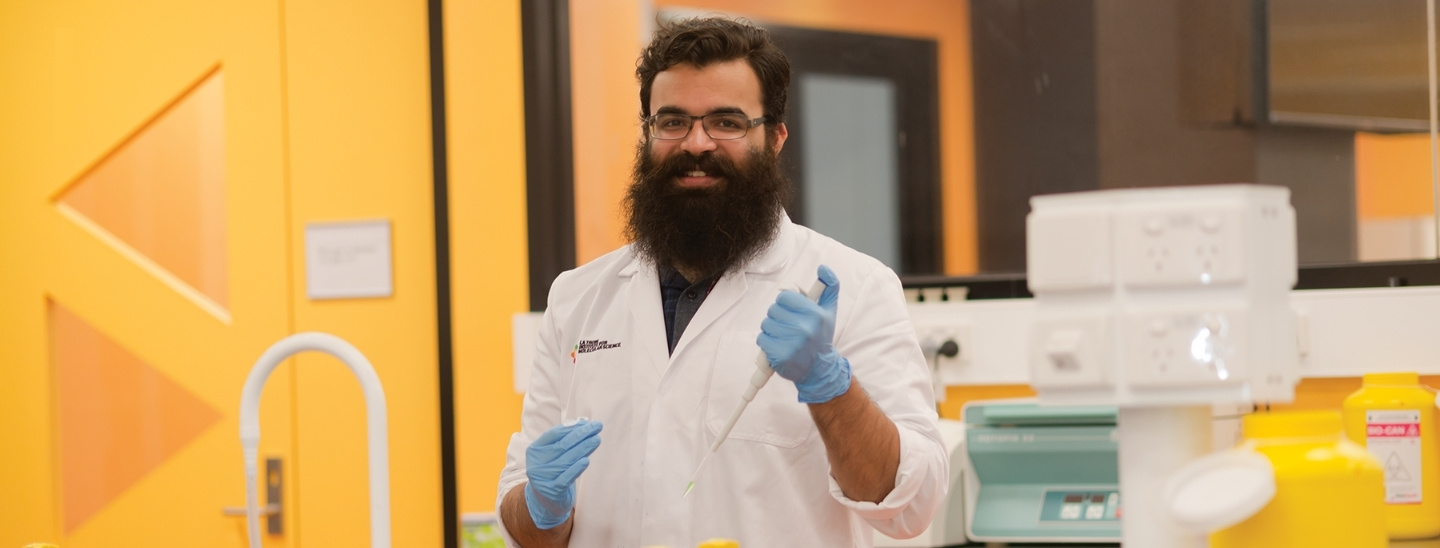Your path to a purpose-driven career
The Diploma of Health Sciences at La Trobe College Australia can give you the best possible head start to your career as a health professional. The Diploma of Health Sciences provides you with an introduction into a range of health services professions, and can help you discover your ideal role in this rapidly evolving sector.
You’ll be introduced to the anatomical organisation of the body, the basics of cell structure and function, and the fundamentals of the nervous and endocrine systems. You will also begin to learn how the particular characteristics and actions of a person can impact health and welfare, social and legal considerations of a professional in the health services industry, fundamentals of statistical analysis and software used in this analysis, important aspects of biochemistry and body structure and how this can influence a person’s wellbeing.
There are also options to delve into the psychological aspects of an individual’s and society’s development, and options to explore the chemical building blocks of life.
Throughout your diploma, you will also develop your academic skills, including writing, verbal communication, active listening and proactive engagement skills, in addition to building strong independent learning skills that will begin your most successful journey through your learning journey.

